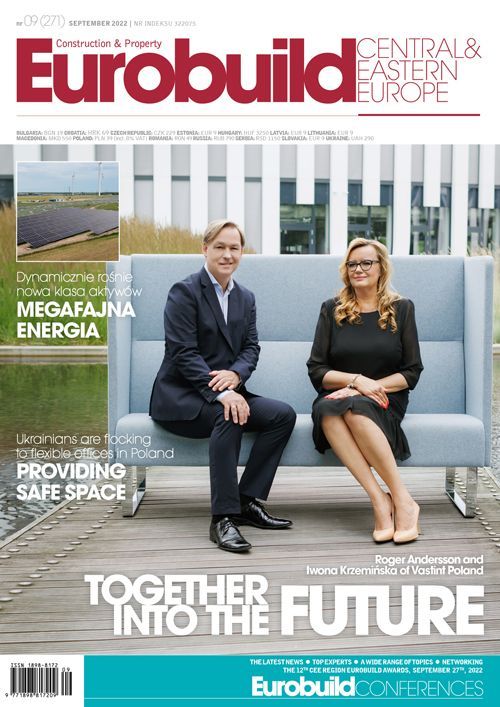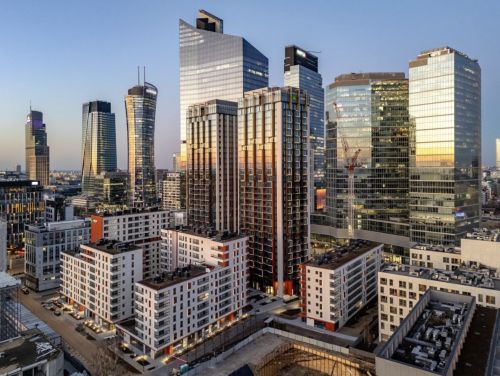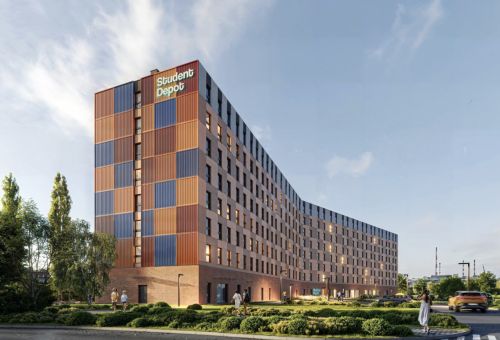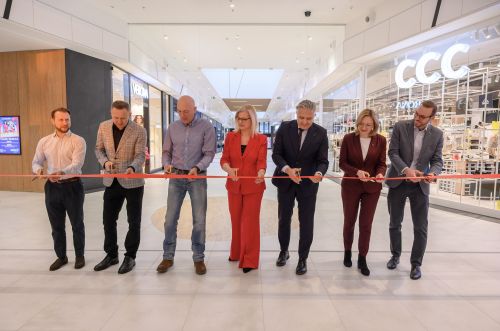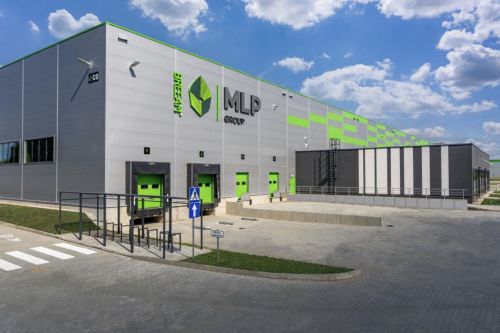Radosław Górecki: Does working from home make sense from a psychological point of view?
Andrzej Falkowski, the head of the economic psychology and business department at SWPS University in Warsaw: Working from home only makes sense under certain circumstances. A mother with a sick child might find it useful to do so. Some freelance professions can be done from home, but these are only very specific cases.
The pandemic was also such a particular case…
Yes, and with technology and all the tools we now have, we were able to get through it. Maybe not without losing something, but we were somehow able to operate.
Surely we’ve now grown used to it. Most people don’t want to go back to the office. I’ve been told by many managers that they are wondering how to encourage people to return…
Your opinion might result from what is known as ‘the representativeness heuristic’, which can often lead to mistaken conclusions. You’re taking


























